When registered nurses (RNs) want to master new nursing skills and advance in their careers, they often pursue a Bachelor of Science in Nursing (BSN). A requirement in many states, BSN degrees give nurses more competitive job opportunities and prepare them to work with diverse patient populations. Nurses who have completed RN programs or hold an associate degree in nursing (ADN) are excellent candidates for an RN-to-BSN program. RN-to-BSN programs apply previous nursing coursework and experience to a bachelor’s degree, allowing nurses to complete flexible courses in as few as one or two years — less than half the time it takes to complete a standard BSN. In 2023, registered nurses with a bachelor’s degree earned a median annual wage of $86,070, preparing them to earn a Master of Science in Nursing (MSN) to earn $129,480 as nurse practitioners, nurse midwives, and nurse anesthetists.
In 2023, the cost of an RN-to-BSN program was between $3,885 and $12,300. The cost depends on the credits a student has, how long it takes to complete the program, and any room and board requirements.
Why Trust Us
The Intelligent.com Higher Education Team is dedicated to providing students with independent, equitable school and program rankings and well-researched resources. Our expert-driven articles cover topics related to online colleges and programs, paying for school, and career outlooks. We use data from the U.S. Department of Education’s College Scorecard, the National Center for Education Statistics, and other reputable educational and professional organizations. Our academic advisory team reviews content and verifies accuracy throughout the year for the most current information. Partnerships do not influence rankings or editorial decisions.
- Analyzed over 2,000 national, accredited, and nonprofit colleges and universities
- 800+ rankings pages are reviewed and updated yearly
- Content is informed by reputable sources, surveys, and interviews with academic advisors and other experts
- Over 100 data points are reviewed for accuracy and quality throughout the year, including sources
How we rank schools
Our list features the best RN-to-BSN degree programs at top colleges nationwide. Each school featured is a nonprofit, accredited institution — either public or private — with a high standard of academic quality for post-secondary institutions.
We evaluated each school’s program on tuition costs, admission, retention and graduation rates, faculty, reputation, and the student resources provided for online students. We collected data from trusted sources like the National Center for Education Statistics, individual school and program websites, school admissions counselors, and other data sources. Then, we calculated the Intelligent Score on a scale of 0 to 100 based on the following criterion:
Academic Quality:
- Admission rate versus enrollment rate
- Retention rate of students who return after year one
- Accreditation status (regional and programmatic)
- Nonprofit status, both private and public institutions
Graduation Rate
- Overall graduation rate
- Total number of currently enrolled students, including diversity metrics
- Student-to-faculty ratio
Cost and ROI
- In-state and out-of-state per-credit tuition rates and fees
- Required credits to graduate
- Earning potential after graduation
- Availability of federal student loans, scholarships, and other financial aid options
Student Resources
- Available student services for online-only and hybrid programs
- On-campus amenities like tutoring centers and the number of libraries
Read more about our ranking methodology.
Best 8 Accredited RN-to-BSN Degree Programs
FiltersInstitution Type
Status
- Intelligent Score
- Alphabetically By University Name
- Acceptance Rate
- Enrollment
- In-state Graduate Tuition
- Out-of-state Graduate Tuition
- In-state Undergraduate Tuition
- Out-of-state Undergraduate Tuition
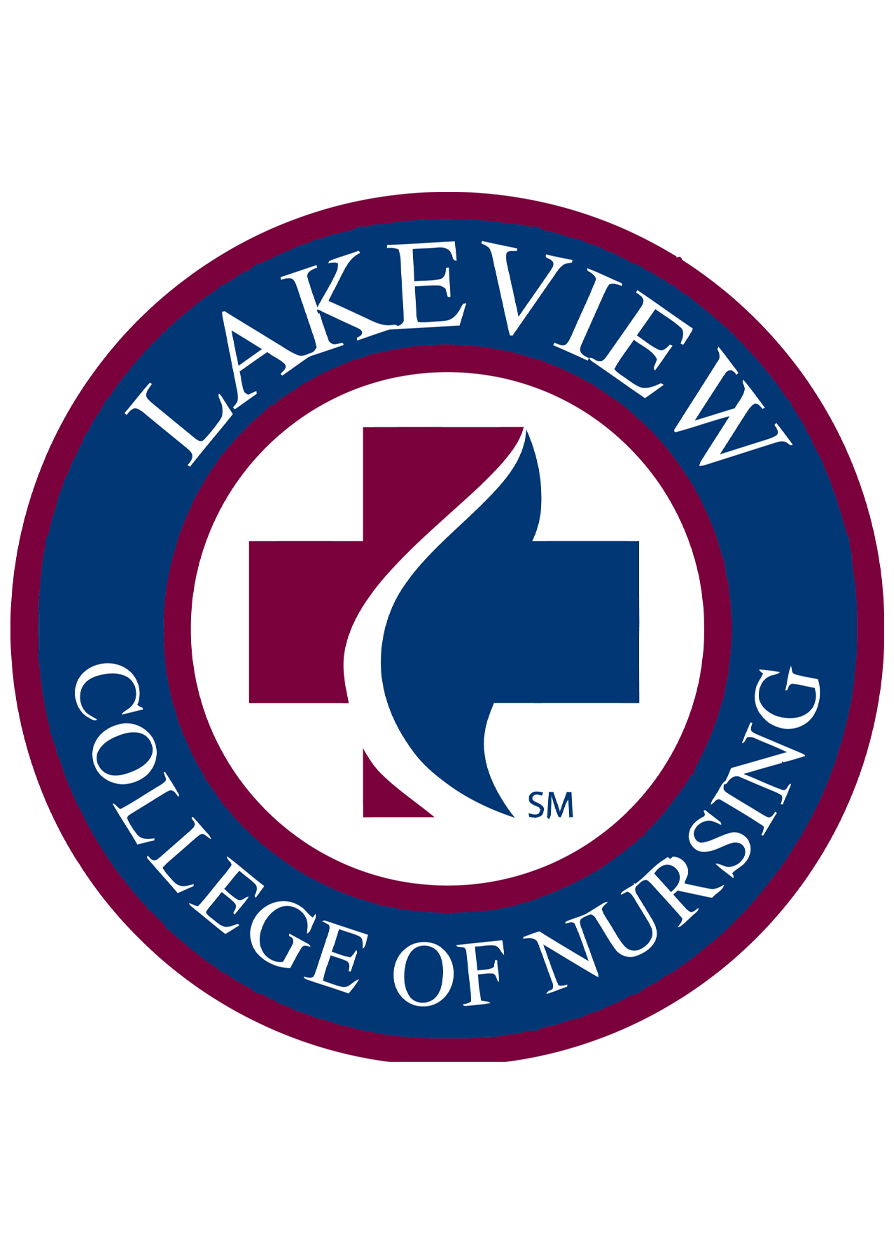
Lakeview College of Nursing
Intelligent Score: 99.58In-state: $44,351
Out-of-state: $44,351
In-state: NA
Out-of-state: NA
SAT: N/A
ACT: N/A
$500
On-Campus
Commission on Collegiate Nursing Education
120

San Diego State University
Intelligent Score: 99.02In-state: $5,742
Out-of-state: $17,622
In-state: $7,176
Out-of-state: $7,176
SAT: 1090-1300
ACT: 22-29
Resident: $290 Non-Resiemt: $710
Hybrid
Commission on Collegiate Nursing Education
120

Rhode Island College
Intelligent Score: 98.11In-state: $8,835
Out-of-state: $23,310
In-state: $8,316
Out-of-state: $8,316
SAT: 870-1100
ACT: 18-25
Resident: $384 Non-Resiemt: $946
On-Campus
Commission on Collegiate Nursing Education
120
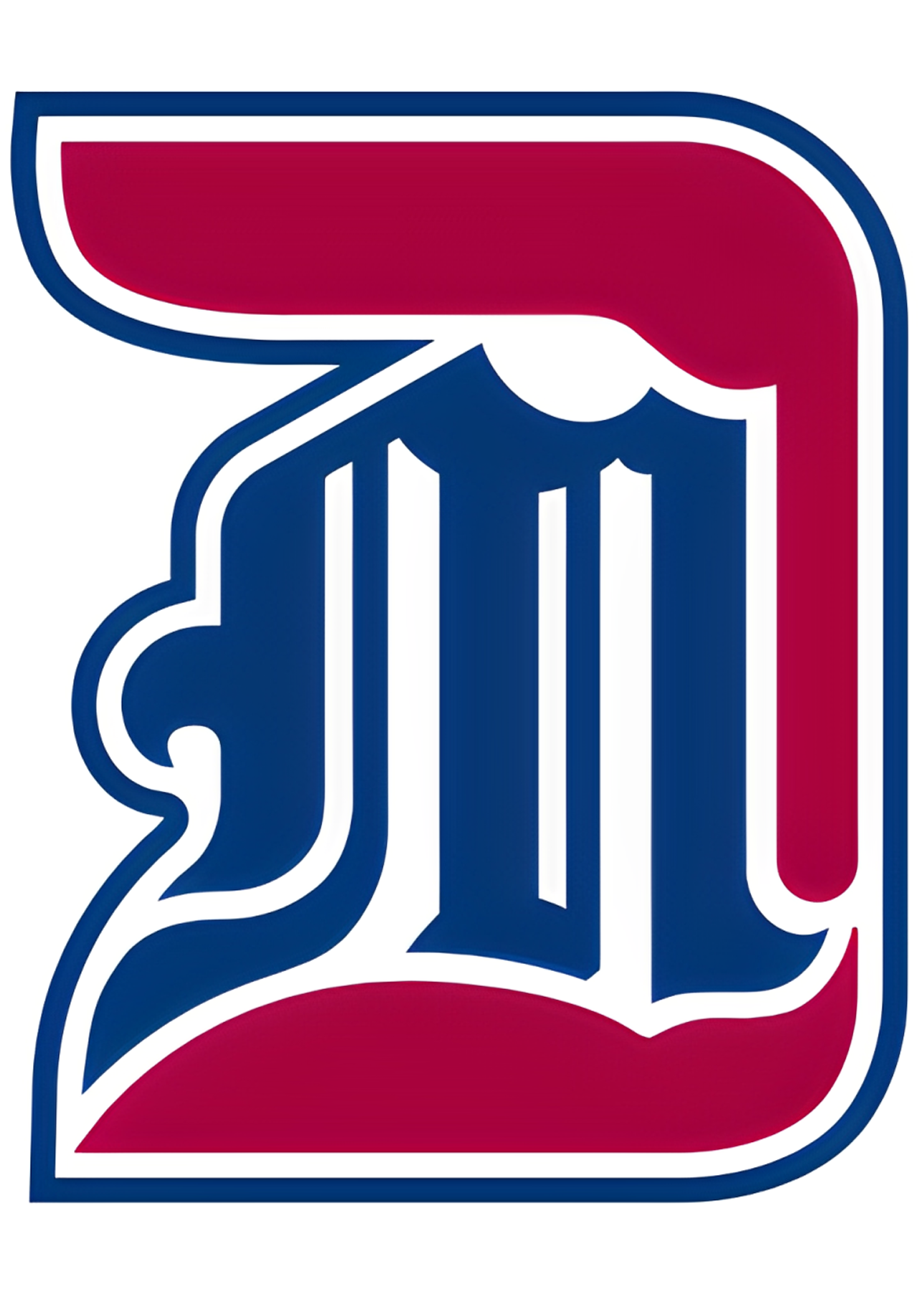
University of Detroit Mercy
Intelligent Score: 98.05In-state: $29,562
Out-of-state: $29,562
In-state: $20,047
Out-of-state: $20,047
SAT: 1050-1260
ACT: 22-27
$1,234
Hybrid
Commission on Collegiate Nursing Education
126
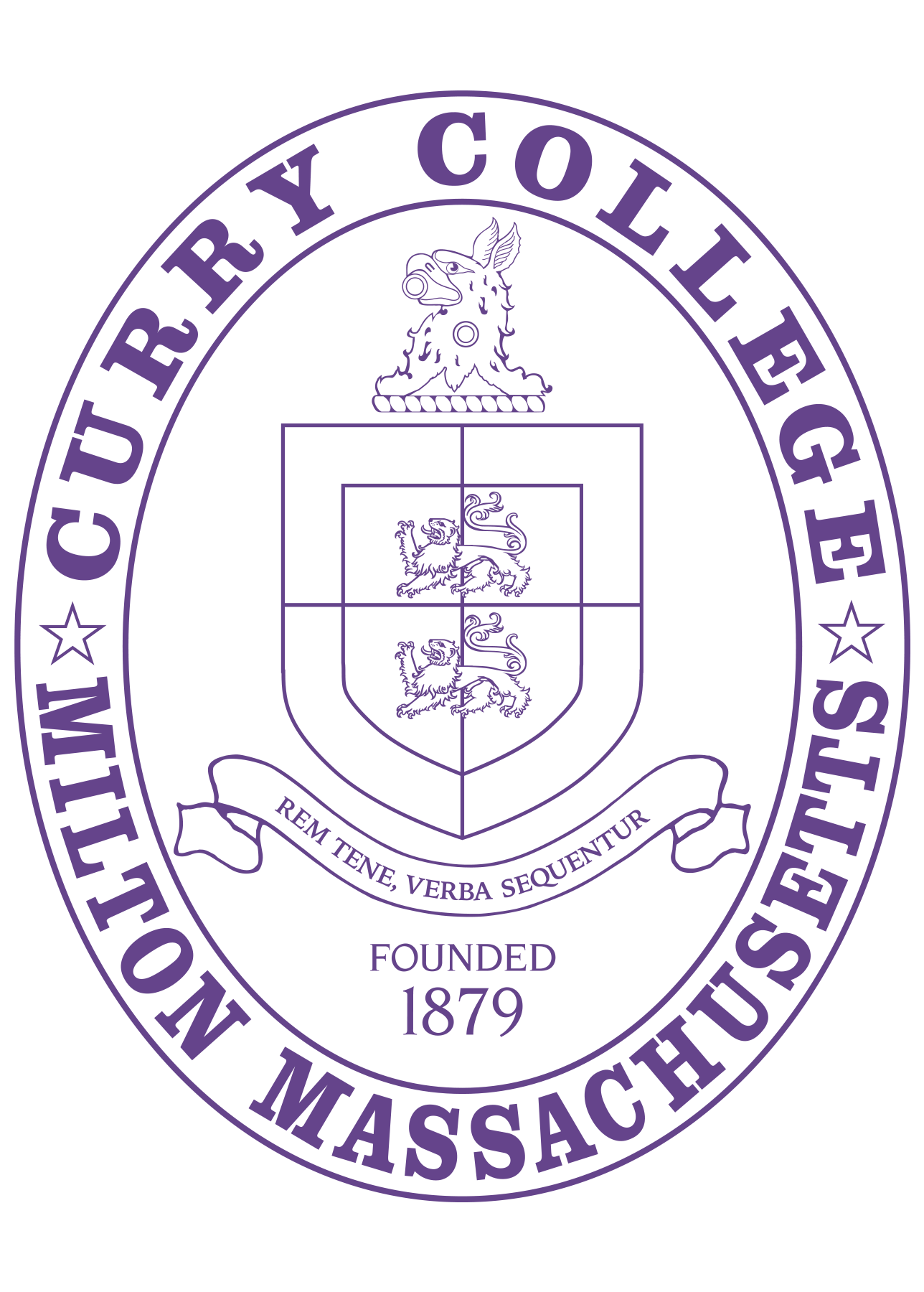
Curry College
Intelligent Score: 97.54In-state: $40,080
Out-of-state: $40,080
In-state: $15,114
Out-of-state: $15,114
SAT: 990-1120
ACT: N/A
$375
Online, Hybrid
Commission on Collegiate Nursing Education
120

University of Texas Health Science Center
Intelligent Score: 96.28In-state: $11,448
Out-of-state: $40,032
In-state: $12,028
Out-of-state: $12,028
SAT: 1210-1470
ACT: 26-33
$291
On-Campus, Online
Commission on Collegiate Nursing Education
120
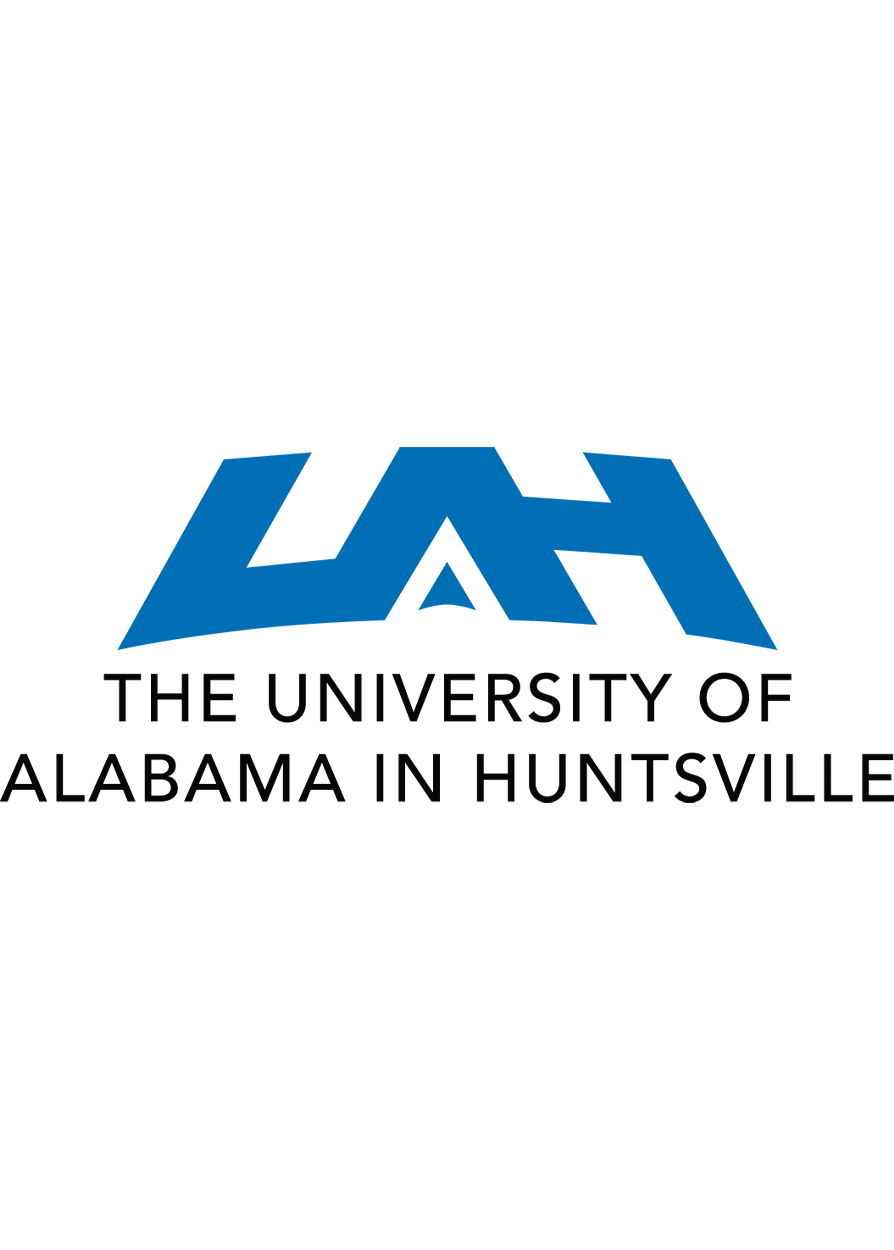
University of Alabama in Huntsville
Intelligent Score: 95.57In-state: $32,089
Out-of-state: $46,968
In-state: $32,437
Out-of-state: $32,437
SAT: NA
ACT: NA
In-State: $430
Out-of-State: $1,000
On-Campus, Online
Commission on Collegiate Nursing Education
126
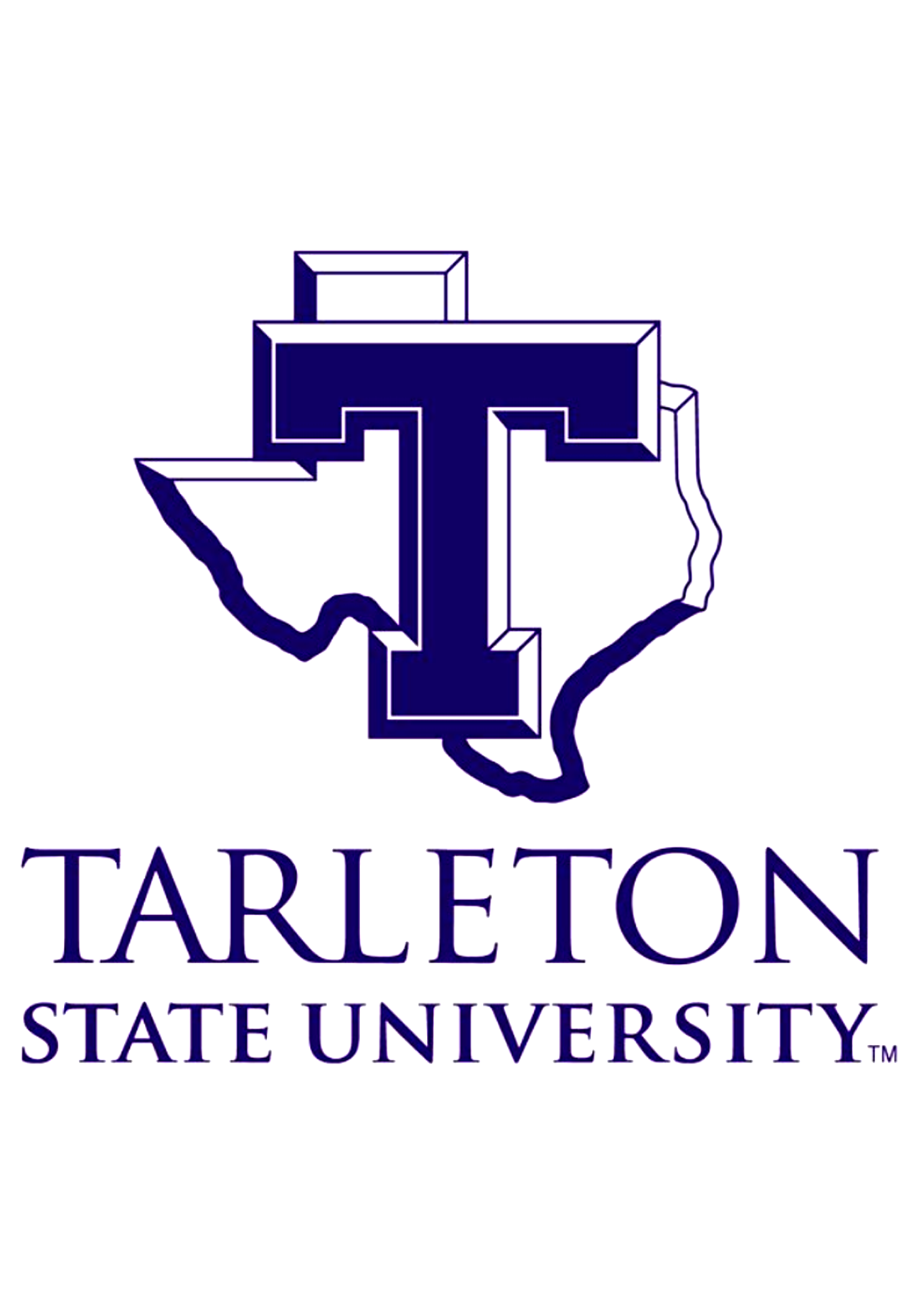
Tarleton State University
Intelligent Score: 91.95In-state: $4,951
Out-of-state: $14,123
In-state: $4,248
Out-of-state: $4,248
SAT: 940-1120
ACT: 18-23
Resident: $183 Non-Resiemt: $593
Hybrid
Commission on Collegiate Nursing Education
120
How to Choose an RN-to-BSN Program
Choose your area of study
Most RN-to-BSN programs provide students with a broad study of general education, medicine, and nursing practices. Since these programs focus on nursing fundamentals across many disciplines, the area of study you choose depends on the type of nurse you are or would like to become. Find a nursing school or an institution with a school of nursing that specializes in your nursing focus — for example, a clinical nurse, critical care nurse, or neonatal nurse, among others.
Research schools and programs
Ensure your degree program is accredited by institutional and programmatic agencies approved by the Department of Education so that you can transfer credits between programs. Look for institutions accredited by the Higher Learning Commission and programs accredited by agencies like the Accreditation Commission for Education in Nursing and the Commission on Collegiate Nursing Education.
Credits from RN-to-BSN programs can also be transferred to BSN-to-MSN programs later if earning a master’s degree is part of your educational plan.
Prepare for tests and applications
Most RN-to-BSN programs require minimum scores on general education entrance tests, such as the SAT and ACT. They also typically require applicants to take nursing entrance tests, such as the National League for Nursing Pre-Admission Exam (PAX) and the Nursing Entrance Test (NET), and students regularly take additional certification exams throughout the program.
In addition to entrance tests, plan to compile the following for your RN-to-BSN program:
- A personal statement or letter of intent detailing your nursing experience
- Sealed transcripts from previous nursing degrees and programs
- Evidence of your nursing license and certification
- Letters of recommendation from colleagues in the medical field, particularly head nurses or charge nurses
Select your program
Most RN-to-BSN programs are available through an institution’s nursing school or school of continuing studies. Choose the program that fits your educational and career needs, as an RN-to-BSN program is designed to advance your career and deepen your nursing knowledge.
Once you’ve chosen a few programs to explore, tour the schools virtually or in person. Meet program graduates and ask what they liked about their time there. If you plan to live on campus, research housing options and find out if local hospitals and clinics regularly hire graduates from your desired programs.
Determine how you’ll pay for your degree
Before you decide which RN-to-BSN program you’d like to pursue, complete the Free Application for Federal Student Aid (FAFSA) to learn how much aid you can apply toward your nursing education. This will help you determine which programs make the most financial sense.
Check on nursing scholarships designed for nurses in RN-to-BSN programs, and research employer tuition assistance to see if your current employer can help with your transition to a BSN. Contact your school’s financial aid office to see if they have additional tips or advice when paying for an RN-to-BSN program.
What Can You Expect From an RN-to-BSN Program?
Because the coursework assumes students have a nursing background, clinical hours are a major part of the curriculum. RN-to-BSN courses have minimal tests so that students can focus on preparing for certification exams throughout the program. Classes, lectures, and clinical shifts are often led by experienced nurses who guide students through the latest technology and medical education.
Potential courses you’ll take in an RN-to-BSN program
- Biology. Nursing students apply the fundamentals of biological sciences to a hands-on course that connects human biology, anatomy, and physiology. They study the systems of the human body and health, illness, and injury scenarios.
- Chemistry. Students review the basics of previous chemistry classes, including matter and weight, chemical reactions, and acids and bases, and build upon their understanding of organic and biological chemistry concepts.
- Nursing Theory. Using their previous experience and understanding of nursing, students explore how nurses contribute to their patients’ physical, mental, and emotional well-being. They work with various patient populations, including families and elderly care, and reflect their differences.
- Information Technology. Students learn to analyze and apply different types of medical information technology to their nursing practice. They manage and gather information from nursing research resources, input patient data, and reach evidence-based conclusions.
RN-to-BSN Degree Program Frequently Asked Questions
How do I apply to an RN-to-BSN program?
The best way to apply to an RN-to-BSN program is to check the program website. It will list important information like application requirements, course prerequisites, and application deadlines. The website may also include an overview of courses applicants can expect to take, the skills required, and the benefits of taking your RN to the next educational level.
How much does an RN-to-BSN degree cost?
The cost of an RN-to-BSN program varies by your school’s location, how many credits you’re transferring from previous programs, and how long it will take you to finish. In 2023, tuition for an RN-to-BSN degree program was between $3,885 and $12,300, without housing or educational materials factored in. Contact a program representative to see how much it will cost, given your specific experience level.
How long does it take to earn an RN-to-BSN degree?
An RN-to-BSN degree requires about 120 credit hours. Without previous experience, a BSN degree program takes four years (just like other bachelor’s degree programs). However, RN-to-BSN programs offer flexibility and can potentially be finished in one to two years once your RN program credits transfer.
Students who’d like to earn their BSN in an even shorter amount of time may be able to fast-track their degree in programs that last only a few months. However, these intensive programs require a full-time commitment and many working nurses prefer the standard one- to two-year schedule.

